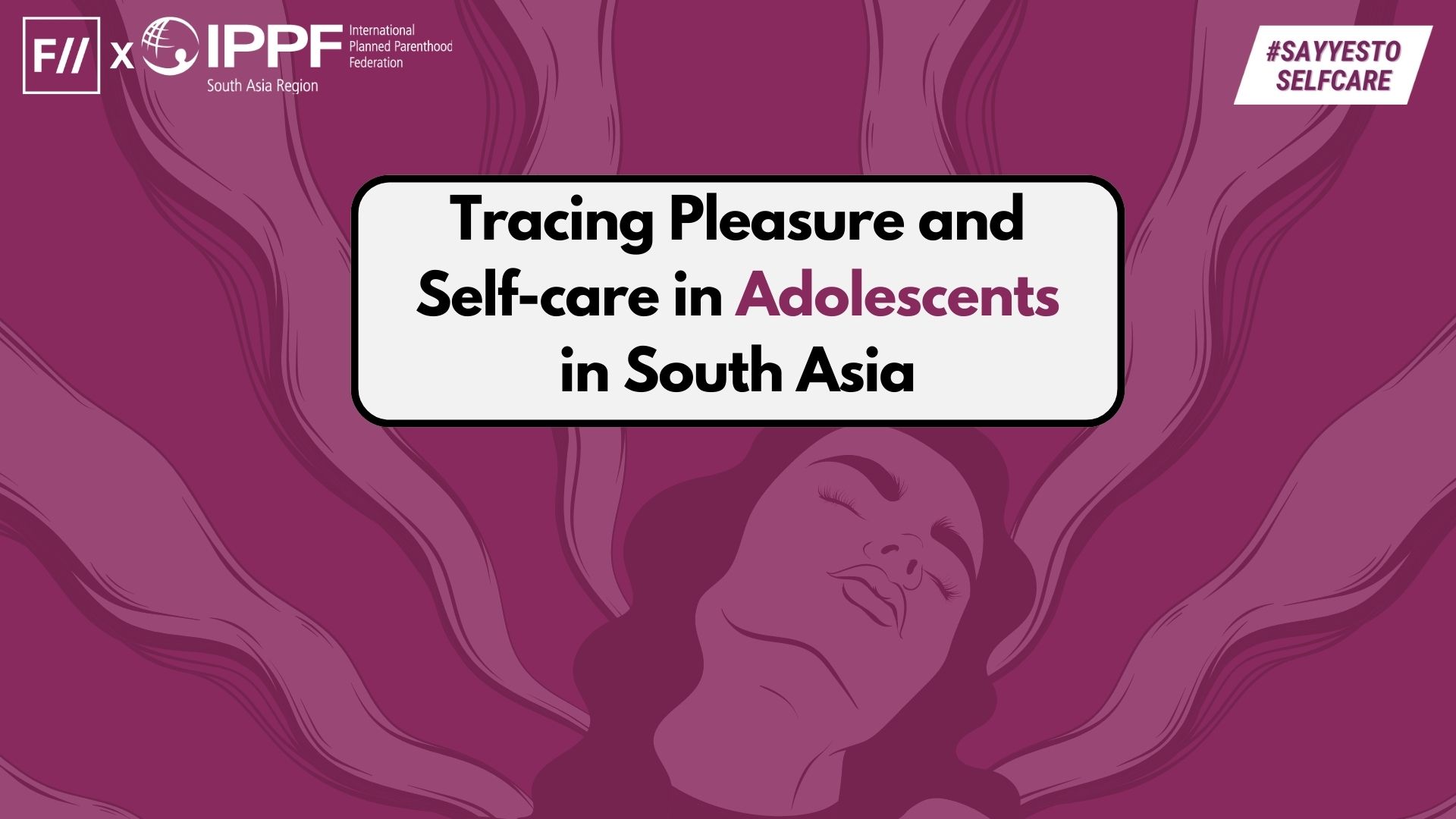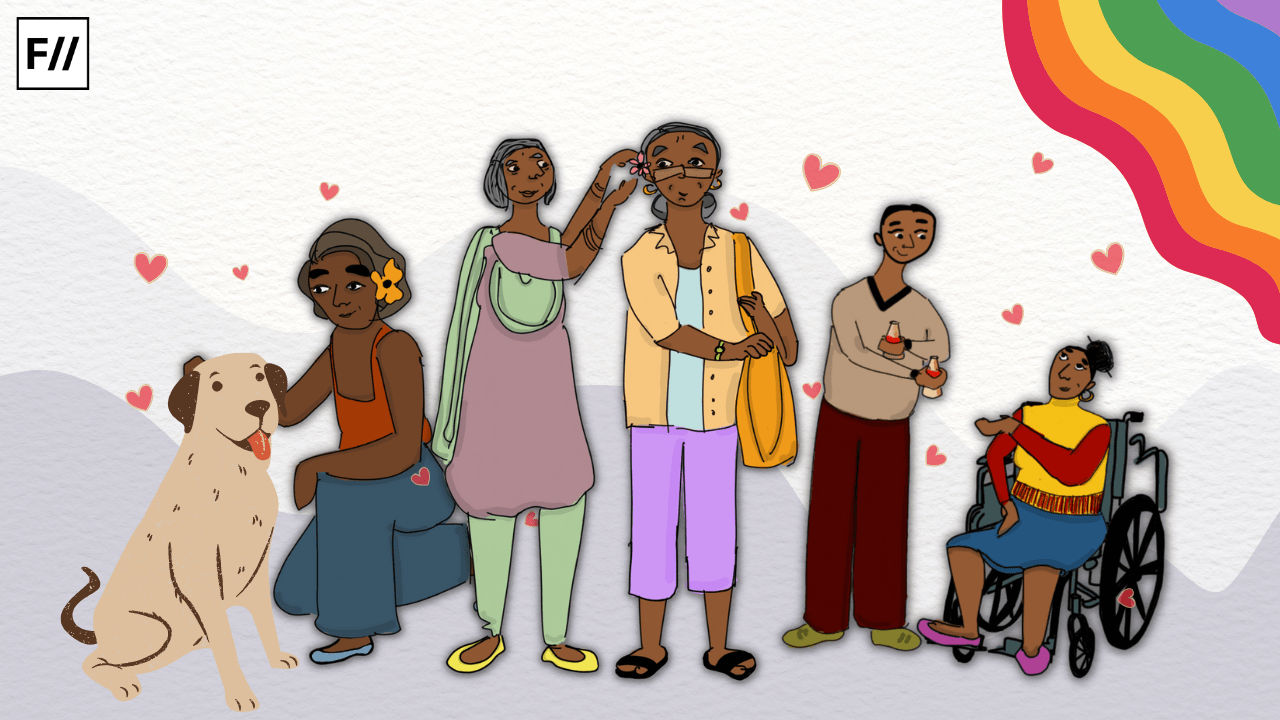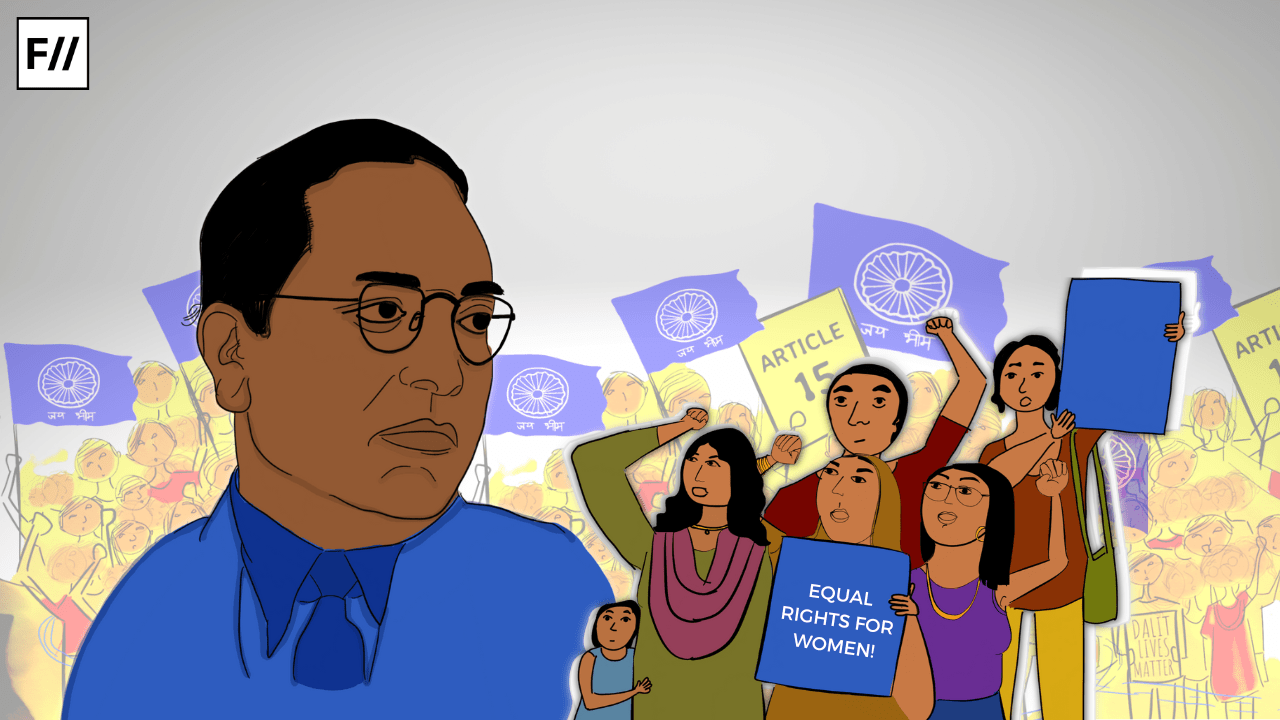As teenagers, we South Asians grow up with a stigmatised idea of sex and sexuality. Sex Education and self-care remain unexplored topics in most South Asian nations. As a result, teenagers and young adults often resort to unsafe methods when exploring their sexuality. This leads to unprotected sex, teenage pregnancies and unsafe abortions. The lack of means by which to access healthcare, along with underlying stigma worsens the situation.
Awareness and access to proper forms of self-care are how we ensure that adolescents are able to take care of themselves – even from the comfort of their own homes. This includes access to at-home testing kits, information about contraception, pregnancy and abortion. All these, and more are how teenagers are able to obtain sexual autonomy in today’s society.
Do ever recall, watching TV with family as a teenager and switching the channel as soon as a condom ad came?
Being a teenager in itself was a difficult time, where one does not know how to maintain a balance between raging hormones and out-of-control curiosity and adding a south Asian parent to that list only makes the matters worse.
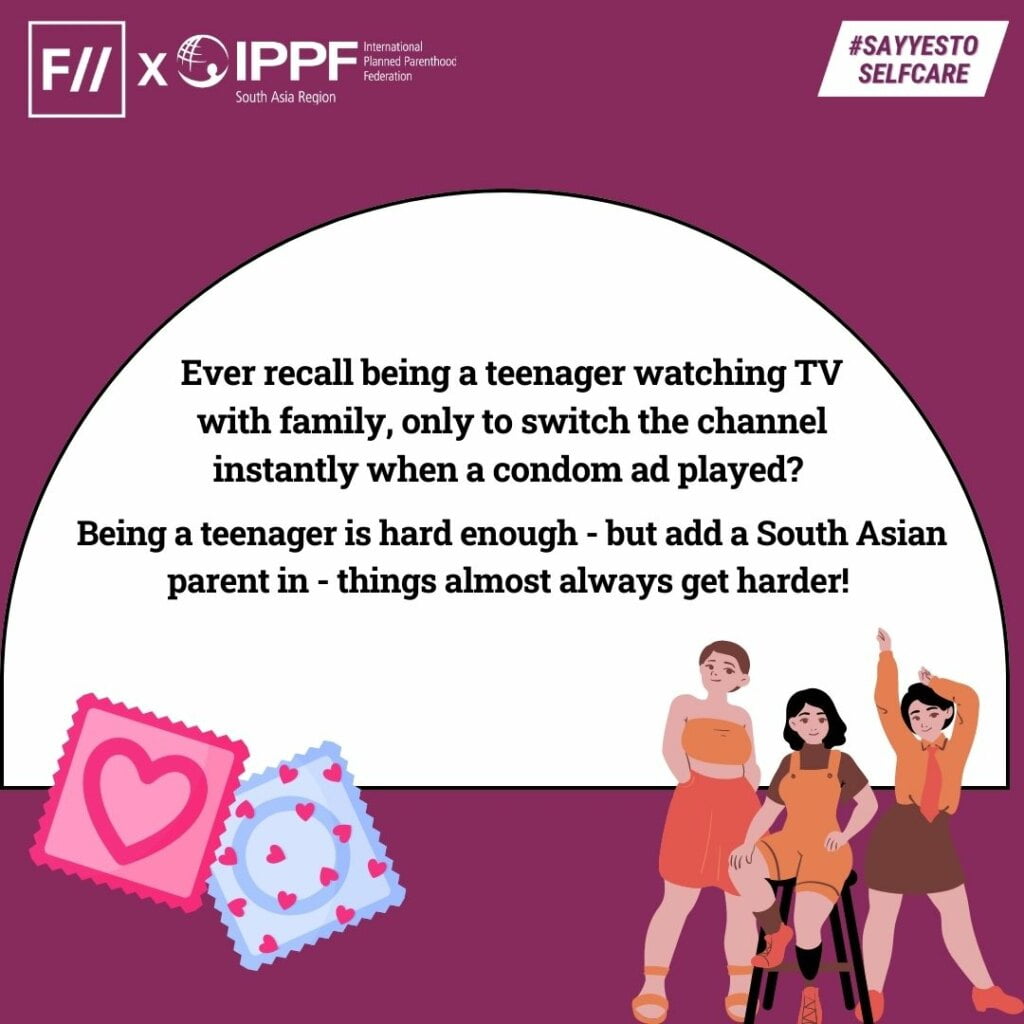
Stereotypes around Sexual intercourse.
Most parents within South Asia are hesitant to talk about sex or even allow their children to see contraceptive advertisements on television.
However, not knowing about sex and pleasure doesn’t mean not doing it. In fact, it increases the chances of teenagers to have more unsafe and unprotected sex.
The absence of proper reproductive and sexual knowledge also increases the chances of sexual abuse since it blurs the lines between good touch-bad touch and consent.
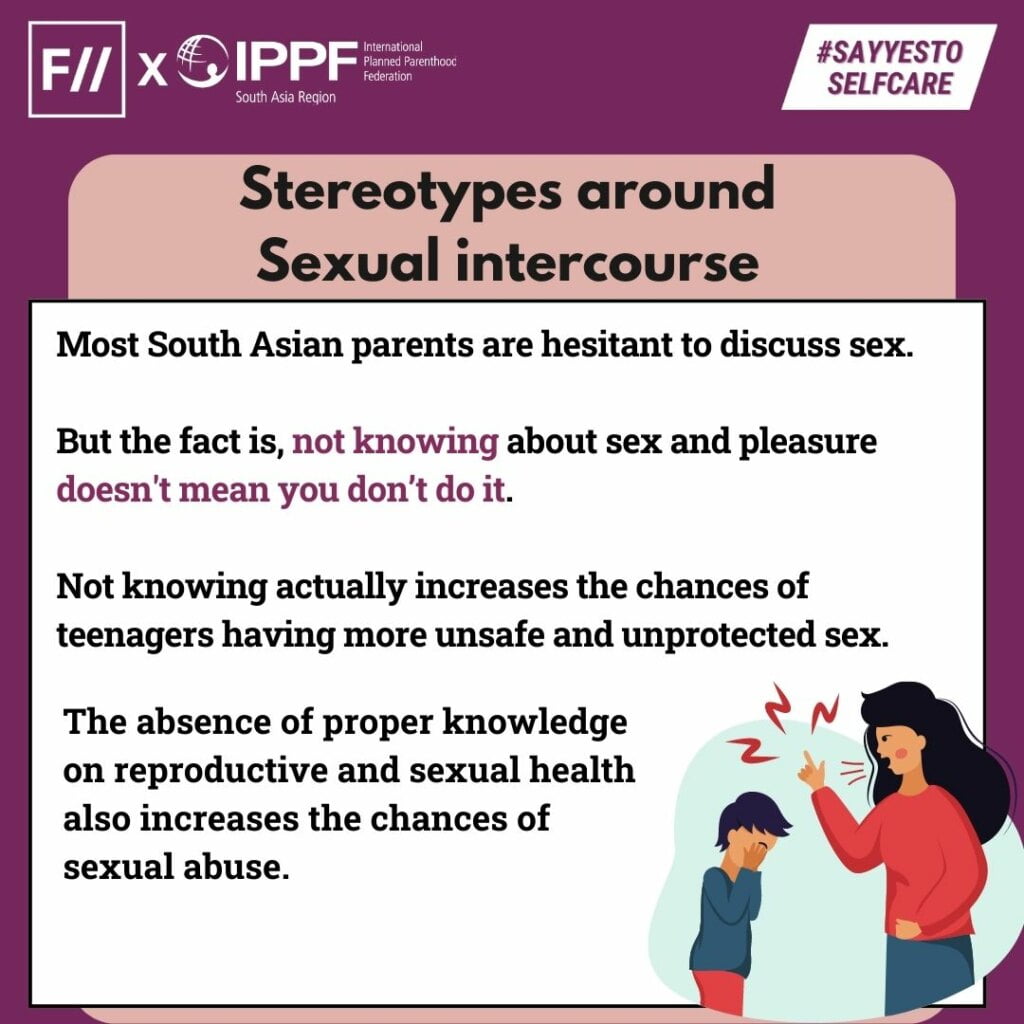
What is Sexual Health?
WHO defines sexual health as a state of physical, emotional, mental and social well-being related to sexuality; it is not merely the absence of disease, dysfunction or infirmity. Sexual health requires a positive and respectful approach to sexuality and sexual relationships, as well as the possibility of having pleasurable and safe sexual experiences, free of coercion, discrimination and violence.
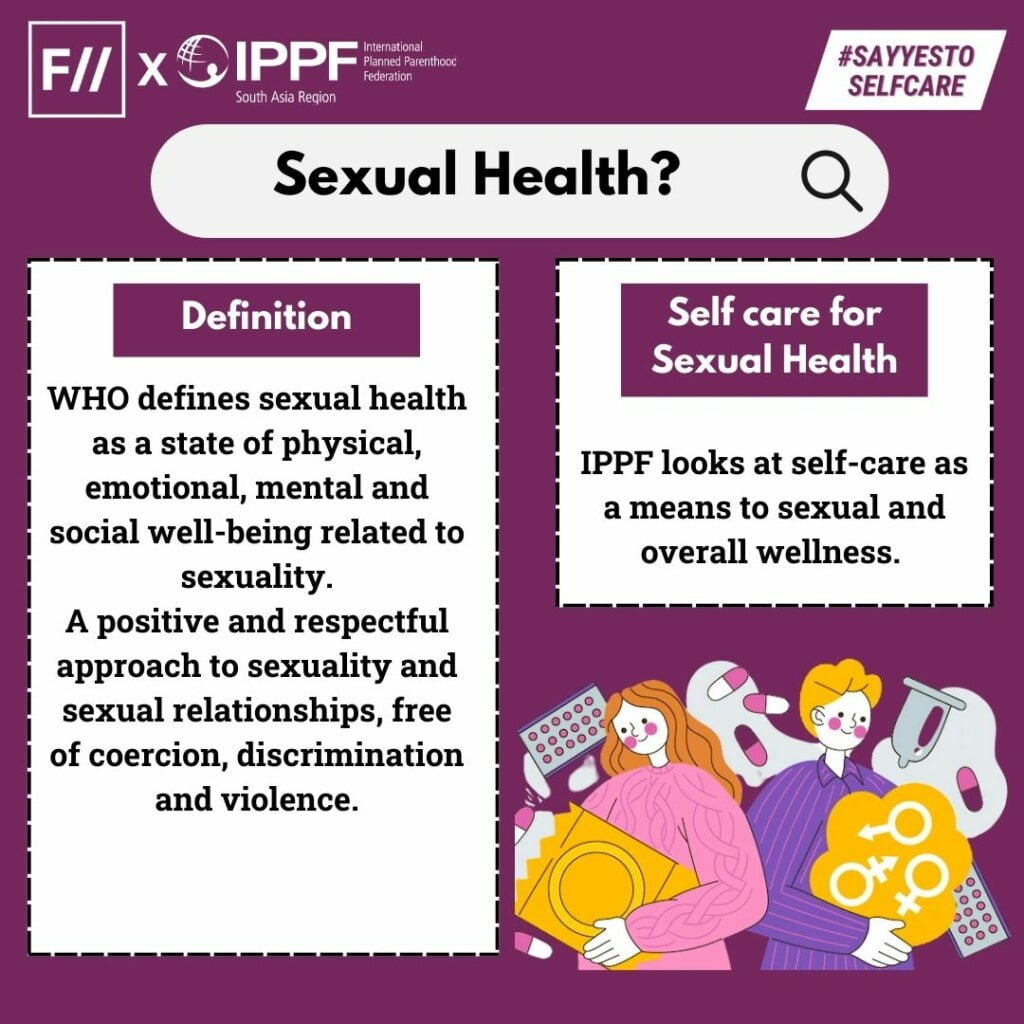
Why is sexual health awareness important in adolescents?
Many South Asian countries like India, Sri Lanka, and Bangladesh consist of a large adolescent population who are completely unaware of their sexual and reproductive rights.
With the lack of proper sex education within schools and homes, these young adults become susceptible to sexually transmitted diseases like HIV/AIDs, unwanted pregnancy, unsafe abortions and many other things.
About 19 per cent of young women in developing countries become pregnant before the age of 18.6% of maternal death around Asia has been due to unsafe abortions.
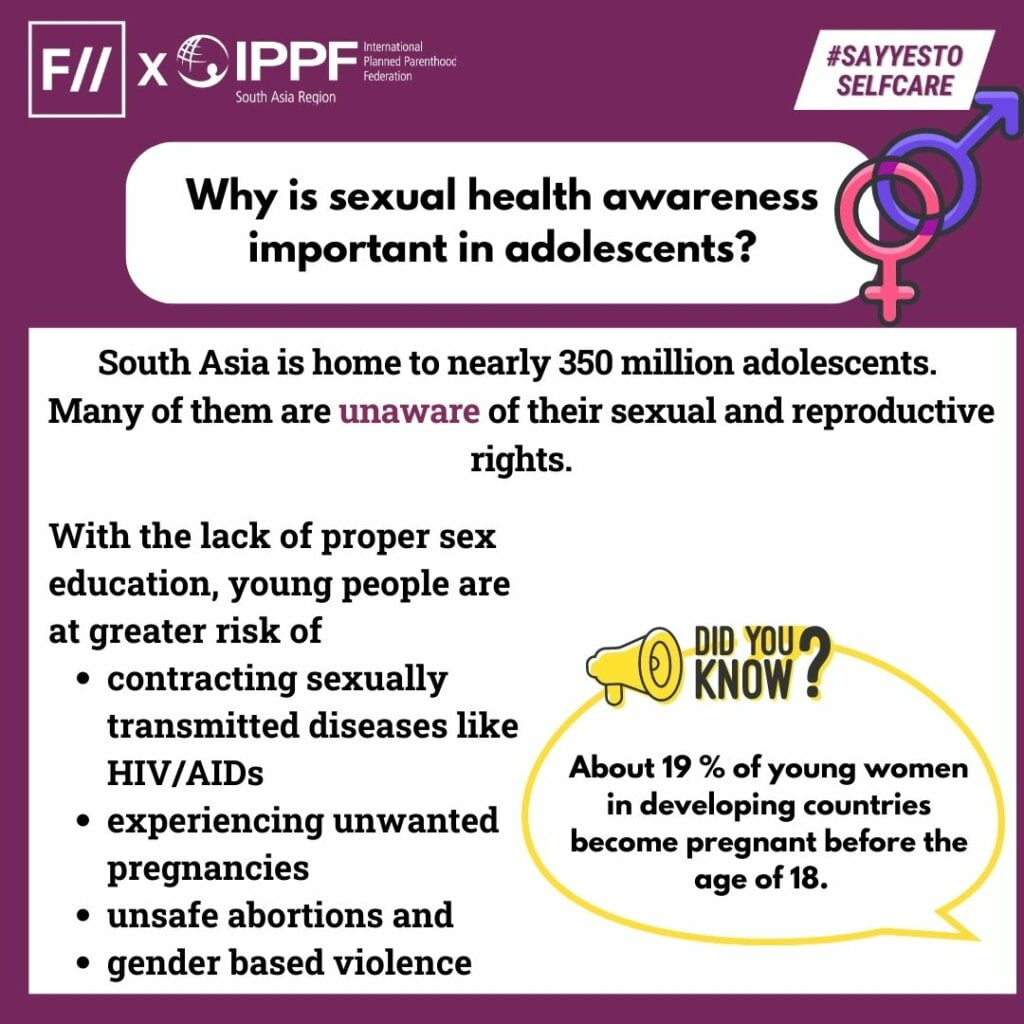
The rampant stigma associated with young people accessing sexual and reproductive health and rights (SRHR) services prevents youth from fully engaging in their healthcare. Provider bias can mean that youth are not able to access the health services they need.
• Legal restrictions related to the age of consent prevent youth from fully accessing SRHR and other health services.
• The education system does not provide comprehensive health education to enable youth to know about and engage in the full range of self-care approaches.
• The cost of healthcare is astronomical and youth often lack access to affordable solutions.
• While digital solutions can facilitate effective self-care, many youths struggle with accessing digital solutions because of a lack of access to technology, data, or reliable network connections.

Due to the absence of formal sex education and the stigmas around sexual intimacy, one often turns to illicit means to extract the same information, which in turn leads to:
- False expectations around Sex.
- Teenage pregnancies.
- No self-care
- Misinformation around contraception.
- Increase in STDs like HIV, Chymadia etc.

Can Comprehensive Sexual Education help?
In order for sex education to be successful, it needs to be done along with a self-care intervention program.
Self-care intervention program?
According to WHO, self-care interventions include evidence-based, quality drugs, devices, diagnostics or digital technologies which can be provided fully or partially outside of formal health services and can be used with or without the support of a health worker.”
Through the help of such tools and services, adolescents can choose modern forms of contraceptives, self-test STD kits and safer abortions which guarantee lower mortality and STD-related deaths.

Through Self-care interventions programmes:
- Adolescents have access to use home, pregnancy tests, HIV or other STI test kits without facing external judgements.
- Adolescents get access to virtual sessions and can talk to virtual bots to get information about their bodies, contraceptives, and methods for safer sex.
- They become part of non-profit groups which provide contraceptive products, and test kits as well as their method to use.
- People who are stuck in places of humanitarian crises and need healthcare facilities can use this program.

We must prioritize the unique needs of youth to increase safe, affordable, confidential access to self-care to drive better outcomes while keeping the power of healthcare firmly in the hands of youth.
Nothing for youth, without youth.
Download the Self-care for UHC Advocacy Toolkit

About the author(s)
Vedika is an intersectional feminist who uses cinema and everyday experiences to talk about issues rooted in the vernacular. She loves to bake and travel around the country to explore different cultures and write down people’s stories. Vedika hopes to get an opportunity to cover such stories around the world. She is also a romantic who loves to read poems, personal essays and won’t mind vibing to slow songs
